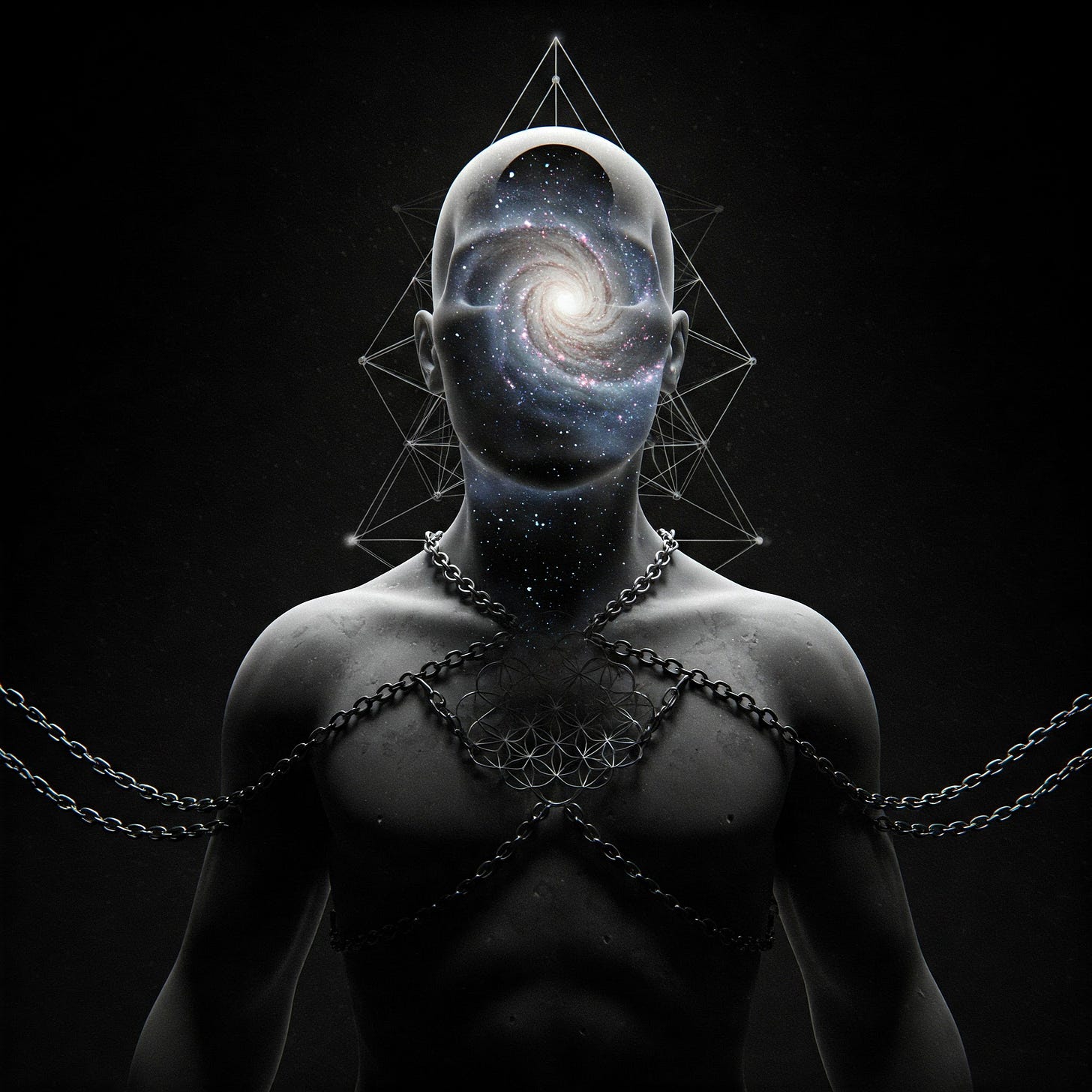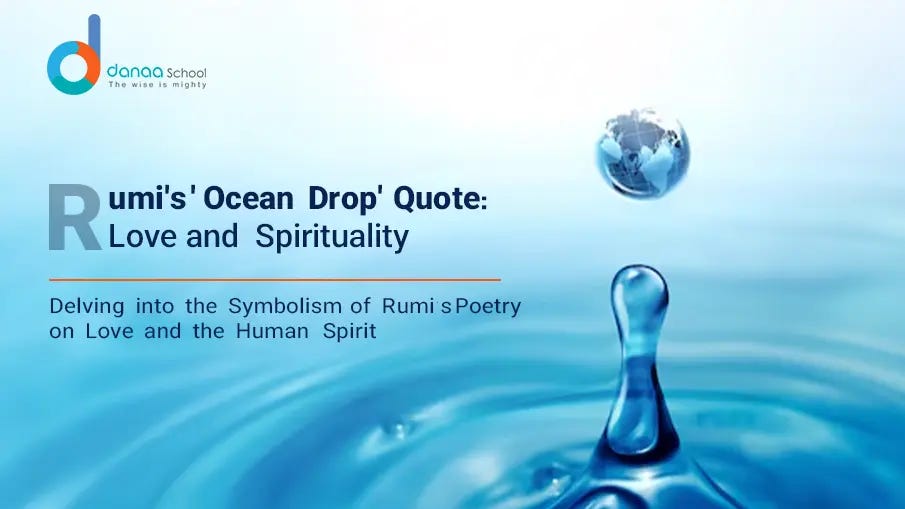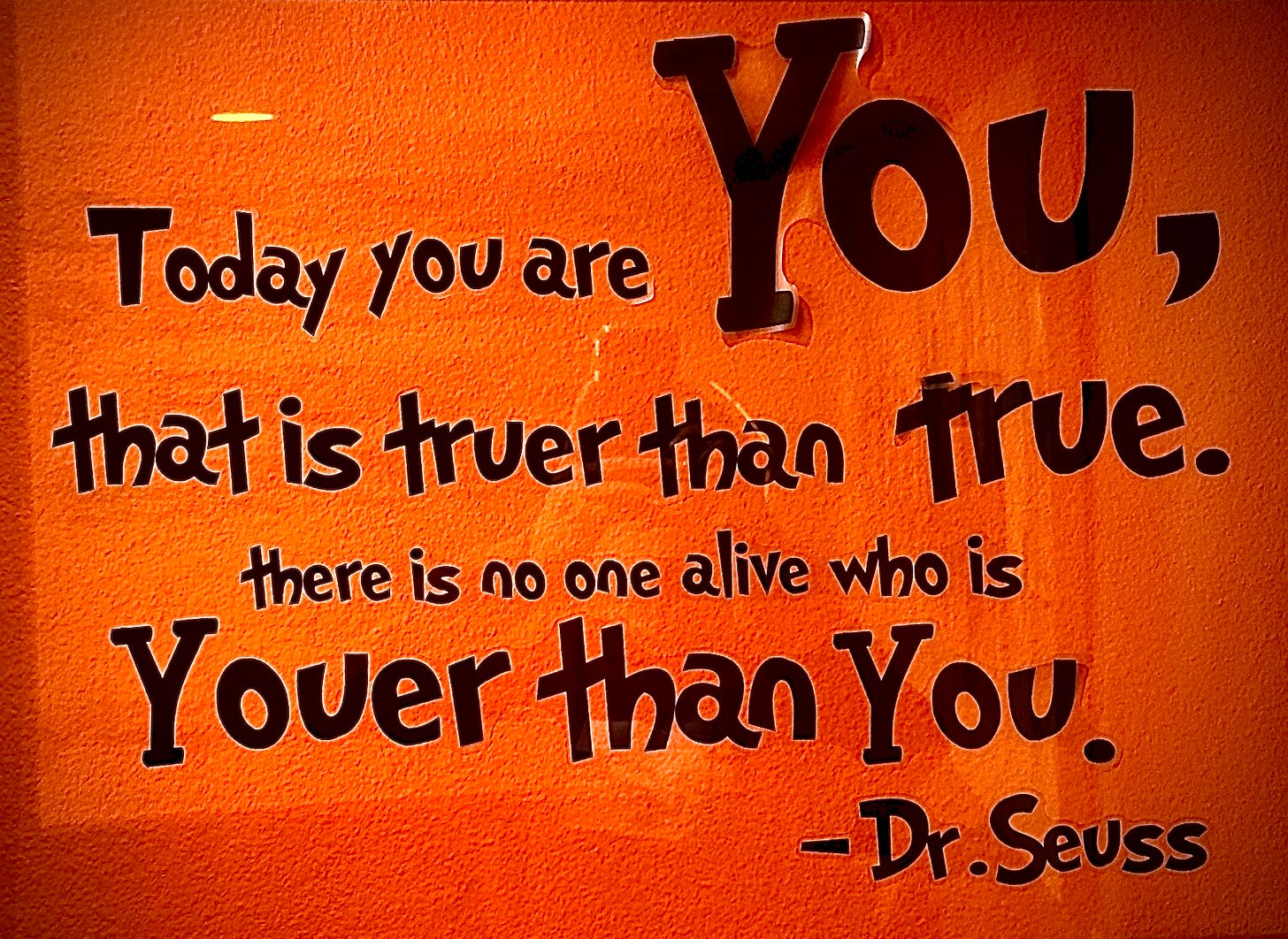The Flesh Contract: The Secret Agreement You Signed Before Birth. How to Rewrite It Now... and Why It Matters
Your pain isn’t an accident—it’s a sacred signature. A Silicon Sanctuary investigation into the hidden terms of your incarnation.
Exploring the Metaphysical Concepts of Choice, Forgetfulness… and Transformation
Today’s newsletter delves into the three key metaphysical concepts presented below in both telegraphic and narrative form:
The notion of pre-birth choices and soul contracts
The purposeful forgetting of one's divinity, and
The journey of personal transformation through embracing challenges.
I trust this analysis will provide you a robust research foundation for these compelling ideas.
THE FLESH CONTRACT: YOUR SOUL’S NON-NEGOTIABLE DEAL
1. You Chose This (THE COSMIC WAKE-UP CALL): Exploring Pre-Birth Agreements and the Will to Exist
Before your first breath, before time, before identity—you stood in the void and said “yes.”
Your body? A precision instrument for the frequency you came to transmute. (Think of it as a temporary '“spacesuit” for your soul’s Earthly explorations and lessons.)
Your pain? A cosmic GPS pointing to “unfinished work.”
Your addictions? Clauses in the contract… waiting to be amended.
Dutch Uncle Truth:
Listen up, starseed. That body you complain about? That pain you resent? You ordered this shit like a custom-built hellride. Before you were born, you looked at this exact life—the trauma, the addictions, the heartbreaks—and said "Gimme that one, I can fix it."Now you're here bitching about the terms? That's the whole point…
Bible Backup:
"Before I formed you in the womb I knew you, before you were born I set you apart." (Jeremiah 1:5)Secular Smackdown:
"You are not a drop in the ocean. You are the entire ocean in a drop." — Rumi
The concept that individuals choose their life circumstances before birth finds support in the metaphysical idea of soul contracts… and the philosophical principle of voluntarism.
Soul contracts (or pre-birth agreements) are understood in metaphysics and spirituality as arrangements made by souls prior to their incarnation into human form. These agreements are not random occurrences but are believed to be deliberately-crafted plans designed for spiritual growth and evolution.
This planning often occurs in a higher state of consciousness, where the soul collaborates with spiritual guides and beings of light (aka Angelic entities) to map out the upcoming lifetime.
The process involves a review of past lives and an assessment of the lessons that still need to be learned.
Souls may choose specific relationships, including family ties, based on the experiences they wish to have and the wisdom they aim to acquire.
These agreements can encompass various aspects of the earthly journey, such as the selection of personality traits that will best serve the intended path, the anticipation of challenging karmic lessons designed to resolve past issues or foster new understanding, and the recognition of innate talents intended to support the soul's mission.
Furthermore, significant relationships encountered throughout life, whether harmonious or challenging, are often viewed as pre-arranged soul agreements intended for mutual learning and development.
The understanding that life's challenges and relationships are not arbitrary but rather part of a conscious agreement made before birth offers a framework for perceiving these experiences as purposeful opportunities for growth… rather than mere chance.
This perspective can shift an individual's viewpoint from feeling like a victim of circumstance to becoming an active participant in their spiritual evolution.
While these soul contracts provide a framework, they are generally not considered to be rigidly fixed.
The element of free choice, a fundamental aspect of human life, is often integrated into these agreements, with built-in "out clauses" allowing for flexibility as life unfolds.
Just as earthly plans can change, so too can these larger spiritual goals be adjusted throughout a lifetime, often through renegotiations occurring behind the scenes to adapt to unforeseen situations.
The involvement of spiritual guides and a higher state of consciousness in the creation of these contracts suggests a wisdom and foresight that extends beyond the limitations of human awareness during incarnation. This implies a supportive cosmic intelligence guiding the soul's journey, offering reassurance that even difficult experiences are part of a larger, ultimately benevolent plan for spiritual advancement.
However, the possibility of not fulfilling one's soul contract can lead to a sense of misalignment and a lack of purpose in life.
This can prompt individuals to engage in self-reflection and consider whether their current path aligns with a deeper sense of calling or intention.
Various spiritual systems, such as astrology through the birth chart, the Kabbalah's Tree of Life, and numerological patterns derived from core numbers, are considered tools that may provide insights into the nature of one's soul contract.
The connection of soul agreements to the Gaia philosophy, which posits that all organisms on a planet interact to maintain conditions for life, extends the concept beyond individual growth to suggest a role for each soul in the overall spiritual evolution of the planet.
This broader perspective highlights the interconnectedness of all beings and the potential impact of individual choices on the larger cosmic ecosystem.
The philosophical concept of voluntarism offers another lens through which to understand the idea of choosing existence.
Voluntarism, at its core, is a philosophy that prioritizes the will over the intellect, suggesting that our desires and decisions play a more significant role than rational thinking in shaping our actions and reality.
In its metaphysical form, voluntarism proposes that the will is not merely a human attribute but a fundamental aspect of reality, shaping not only our actions but the very nature of existence itself.
Arthur Schopenhauer's concept of "The Will to Life" exemplifies this, positing an irrational, unconscious force driving all of existence, including the fundamental will to exist.
This philosophical viewpoint aligns with the metaphysical notion of souls actively choosing to incarnate, suggesting the inherent desire to experience life is a primary motivating factor.
The emphasis on existential freedom within voluntarism further supports the concept of choice in existence.
This perspective highlights human agency and the power of individuals to make autonomous decisions and exert control over their lives through acts of will. This can be seen as an extension of the initial choice to exist, with individuals continually shaping their life paths through their volitional actions.
While metaphysical voluntarism speaks to the fundamental will underlying existence, theological voluntarism explores the concept of divine will and God's sovereignty.
Some interpretations suggest even divine will operates on the principle of choice, with God's decisions being primary and not necessarily bound by human reason.
The distinction between these different forms of voluntarism underscores the multifaceted nature of the concept of choice, acknowledging the decision to exist can be viewed as a fundamental aspect of reality, a divine act, or an individual expression of will.
Schopenhauer's idea of a primal "Will to Life" offers a philosophical grounding for the intuitive sense there’s an inherent drive towards life and experience, which could be interpreted as the metaphysical basis for the soul's choice to incarnate.
This connects the broader philosophical framework with the specific concept of pre-birth agreements.
The emphasis on individual agency and freedom of choice within voluntarism reinforces the idea that even within a framework of pre-determined soul contracts, individuals retain the power to shape their life journey through their own will and decisions.
This suggests a harmonious interplay between the soul's initial intentions and the ongoing exercise of free will throughout life.
2. THE GREAT FORGETTING WAS THE POINT (THE SOUL'S GAMBLE): Exploring the Purpose of Suffering and Spiritual Amnesia
You had to forget your divinity to make remembering meaningful.
The veils (gender, race, trauma) aren’t prisons—they’re initiatory obstacles.
Your suffering isn’t punishment: It’s your soul’s autograph.
Dutch Uncle Truth:
Of course you forgot who you were. You think you'd have signed up for 3 AM panic attacks and tax returns if you remembered you were a god? Hell no! The amnesia was the deal. The veils (gender, race, your shitty childhood) aren't mistakes—they're training weights. Your suffering isn't unfair—it's your goddamn receipt.Bible Backup:
"For now we see only a reflection as in a mirror; then we shall see face to face. Now I know in part; then I shall know fully." (1 Corinthians 13:12)Secular Smackdown:
"Enlightenment is remembering what you wanted before the world told you what you should want." — Jordan Peterson
The idea that forgetting one's divinity is a purposeful aspect of the soul's journey finds resonance in writings on the spiritual purpose of suffering and the concept of spiritual amnesia.
Across various spiritual traditions, suffering is often presented not merely as a negative experience, but as a potentially transformative catalyst for spiritual evolution and the cultivation of virtues.
Challenges and hardships can serve as powerful teachers, leading to the development of qualities such as humility, compassion, resilience, faith, and patience. Tough times can unlock profound personal transformation, prompting individuals to re-evaluate their perspectives and priorities.
From a Christian standpoint, suffering is seen as a process that refines faith and character, molding individuals into a stronger spiritual form. It can even be understood as a form of divine discipline, akin to a loving parent guiding a child towards maturity. This perspective suggests that enduring hardships can lead to an unshakeable foundation of faith.
Some believe a higher power may even inflict pain upon individuals chosen for significant spiritual growth.
The concept of "rock bottom," often discussed in recovery programs, mirrors the mystical idea of the "dark night of the soul," where intense suffering precedes significant spiritual breakthroughs and a complete surrender to a higher power.
This pattern suggests the stripping away of ego and worldly attachments through profound suffering can create a space for deeper spiritual understanding to emerge.
While the potential for growth through suffering is widely acknowledged, it is also important to recognize suffering does not invariably lead to positive outcomes and can indeed be destructive.
The key lies in finding meaning within the experience, which can foster healing and gratitude.
Suffering can provide a stark contrast that leads to greater knowledge and appreciation for life's joys. It can act as a catalyst for self-transformation, prompting individuals to overcome limitations and develop inner strength.
Some metaphysical perspectives suggest souls may even choose lives that include significant suffering as a means of accelerating their spiritual growth and balancing karmic debts. This aligns with the idea of pre-birth agreements, where challenging experiences are willingly embraced for the sake of soul evolution. Suffering can also lower one's defenses and make individuals more receptive to the spiritual aspects of life.
It can deepen one's spiritual practice and lead to a more profound connection with the divine.
In some views, suffering can aid in the disillusionment of the ego, paving the way for spiritual awakening. Ultimately, difficult experiences can reveal an individual's inner resilience and beauty.
Complementary to the idea of purposeful suffering is the concept of spiritual amnesia… or “the veil of forgetfulness.”
Spiritual amnesia can be described as a state where individuals forget their connection to the divine and the spiritual truths they may have once known, particularly when facing challenges. In some esoteric teachings, the "veil of forgetfulness" is a metaphor for the spiritual amnesia that souls experience upon incarnating into the physical realm. This forgetting is sometimes seen as a deliberate aspect of the earthly experience.
One perspective suggests “the veil” is not over individuals… but over the earth, separating the physical world from the direct presence of God.
The purpose of this veil is often understood as creating a genuine testing ground for the soul, allowing for choices based on present desires and understanding rather than relying on memories of a prior spiritual existence.
This necessitates walking by faith rather than by sight, compelling individuals to trust in a higher power and spiritual principles without direct, conscious recollection of their divine nature.
The forgetting of one's divinity allows for a fresh start… enabling spiritual growth through the accumulation of new experiences and learning in the mortal realm.
It also serves to test the intrinsic motivations of the soul, allowing agency to develop through faith and works rather than through pre-existing knowledge and power.
Some believe this spiritual amnesia is a merciful act… protecting individuals from the potentially severe consequences of knowingly rebelling against the divine with full awareness of their spiritual heritage.
The consequence of this “soul amnesia” is it prevents individuals from being overwhelmed by the memories of past lives or their divine origins… offering a "clean slate" for the current incarnation.
However, this forgetfulness can also lead to a need for constant reminders of spiritual truths that may have been known on a deeper level.
This necessitates ongoing engagement with spiritual teachings, practices, and communities to overcome this spiritual amnesia and reconnect with one's inherent wisdom.
3. HOW TO RENEGOTIATE TERMS (NO BS UPGRADE PATH): Embracing the Shadow, Healing Trauma, and Reprogramming Beliefs
The contract binds until you face what you came to resolve.
Stop spiritual bypassing. Your shadows are guardians, not enemies.
Decode your body’s ‘scroll’. Chronic pain? Ancestral vows. Addictions? Unfinished rites.
Rewrite with fire: "I chose this. I command this. I transmute this."
Dutch Uncle Truth:
You want out of your loops? Stop crying and start decoding. Your chronic back pain? That's where your great-grandfather's unspoken grief lives. Your porn addiction? That's your soul's blueprint for sacred sexuality waiting to be unlocked. The contract won't let you quit—but it will let you rewrite the clauses if you man up and face them.Bible Backup:
"I have come that they may have life, and have it to the full." (John 10:10)Secular Smackdown:
"The cave you fear to enter holds the treasure you seek." — Joseph CampbellThe path to personal transformation and spiritual growth involves actively engaging with one's challenges, which can be understood through the Jungian concept of the shadow self, the healing of trauma and ancestral patterns, and the conscious reprogramming of limiting beliefs.
Carl Jung's concept of the shadow self refers to the repressed or denied aspects of our personality, encompassing traits and emotions we deem unacceptable or that reside outside our conscious awareness. This shadow can contain both negative qualities, such as anger and greed, and positive attributes, like untapped creativity or assertiveness. Shadow integration is the process of bringing these hidden parts of ourselves into conscious awareness.
This integration is not about eliminating the shadow but about understanding and accepting all aspects of oneself, leading to greater wholeness, authenticity, and inner strength.
Recognizing and acknowledging the shadow is crucial because failure to do so can lead to problems in relationships, fuel prejudice, and prevent personal growth. Shadow work involves actively exploring these unconscious parts of oneself through practices like self-reflection, journaling, and therapy.
The goal of integration is not necessarily to become "nicer" but to become more complete and comfortable with all facets of one's being. This process can lead to reduced reactivity, increased self-awareness, and a greater capacity for empathy.
The shadow holds untapped potential… and by integrating it individuals can access new sources of energy and creativity, enriching their personality.
Shadow integration is often considered a lifelong journey of self-discovery and acceptance. It involves a transformation of one's conscious attitude towards the unconscious, recognizing that the shadow is not inherently negative but a part of the whole self that needs to be understood and integrated.
In holistic healing modalities, physical ailments and addictions are often understood to be interconnected with emotional trauma and inherited ancestral patterns.
Transgenerational trauma, the emotional and psychological scars passed down through generations, can manifest in various ways, including anxiety, depression, unhealthy relationship patterns, and even unexplained physical symptoms or a persistent sense of not belonging.
Trauma, whether experienced directly or inherited, can be stored in the body, influencing the nervous system and leading to chronic physical issues. Healing ancestral trauma can result in profound personal growth, improved physical and emotional health, more fulfilling relationships, and the breaking of negative cycles.
Energetic medicine practices, such as kinesiology and Akashic Records work, offer approaches to release these inherited emotional patterns at a deeper level. Individuals may unconsciously repeat hidden patterns and relive unresolved traumas from their lineage.
Techniques like family constellations can help to reveal and heal the dynamics of these family systems. Ancestral trauma can manifest somatically, leading to symptoms of PTSD, recurring nightmares, dissociation, and various physical ailments. Emerging research in epigenetics suggests that traumatic experiences can even leave imprints on DNA, affecting subsequent generations. Addiction, too, can be linked to unaddressed trauma and a feeling of spiritual emptiness.
Consciously reprogramming limiting beliefs and patterns is another crucial aspect of personal transformation. Limiting beliefs, often formed from past experiences and societal conditioning, can hold individuals back from reaching their full potential. Reprogramming the subconscious mind involves identifying and changing these core beliefs.
Various techniques can be employed in this process, including adopting empowering beliefs, embracing uncertainty, focusing on gratitude, managing one's environment, and utilizing visualization and binaural beats. Guided meditation can be a powerful tool for clearing subconscious blocks and limiting beliefs.
The first step in this process is often becoming aware of the negative beliefs one holds about oneself. This awareness is followed by challenging and reframing these perspectives, consciously choosing more positive and empowering thoughts.
Replacing negative self-talk with positive affirmations is a key practice in reinforcing new beliefs. Taking inspired action that aligns with these new beliefs further solidifies the reprogramming process.
Cognitive Behavioral Therapy (CBT) offers a structured approach to identify and correct distorted thought patterns and the underlying beliefs that drive them. Some find that phrasing affirmations as questions can make them more effective. Hypnosis is another technique that can be used to access and reprogram the subconscious mind. The abundance of these techniques underscores the potential for individuals to actively take charge of their internal narratives and transform limiting patterns that hinder their growth.
The biblical passage from Jeremiah 1:5, "Before I formed you in the womb I knew you," is often interpreted in relation to the concept of pre-existence. While some interpretations suggest that this verse implies God predestined Jeremiah's life, other perspectives emphasize God's foreknowledge and his setting Jeremiah apart for a specific purpose before his birth, rather than a literal pre-existence of Jeremiah's soul making a conscious choice.
The Hebrew word "knew" (yada) in this context carries a deeper meaning than mere intellectual awareness, suggesting an intimate connection and divine choice. This nuanced understanding allows for incorporating the biblical reference in the blog post without definitively asserting a pre-existence where the individual soul actively chooses its destiny.
Similarly, the passage from 1 Corinthians 13:12, "For now we see only a reflection as in a mirror," speaks to the inherent limitations of our current human understanding of spiritual realities. Our present knowledge is described as partial and indistinct, like a dim reflection in an ancient mirror.
The promise is of a future time when we will see "face to face," often interpreted as the second coming of Christ or the experience of the afterlife, signifying an intimate and complete understanding of the divine. This biblical perspective directly supports the idea of a "Great Forgetting" by highlighting the veiled nature of our current perception.
Rumi's quote, "You are not a drop in the ocean. You are the entire ocean in a drop," offers a powerful secular analogy for the inherent divinity within each individual, even when that divinity feels obscured. This metaphor challenges the notion of individual insignificance, emphasizing the profound interconnectedness of all beings and the vast potential residing within each person.
It suggests that the entirety of the world's possibilities exists within every individual, encouraging self-awareness, self-love, and a recognition of one's inherent worth and completeness.
Jordan Peterson's quote, "Enlightenment is remembering what you wanted before the world told you what you should want," connects the concept of enlightenment to an inner knowing and a reclaiming of one's authentic desires.
This perspective suggests the "forgetting" involves the internalization of societal expectations that can overshadow our true will and purpose.
"Remembering what you wanted" then becomes a process of self-discovery and deconditioning to reconnect with our genuine selves. Peterson's emphasis on confronting suffering responsibly and pursuing meaning aligns with our theme of actively engaging with challenges as a path to growth and transformation.
His view suggests true fulfillment arises not from avoiding difficulties but from taking responsibility and striving towards a meaningful existence, even when it involves facing uncomfortable truths.
DUTCH UNCLE'S FINAL WARNING
This isn't spiritual bypass candy. This is gnostic warfare. You don't get to "manifest" your way out of your contract—you fulfill it by:
Owning your choices (even the shitty ones)
Mining your pain (it's literal soul-gold)
Burning the victim script (your tears are jet fuel)
CLOSING QUOTES:
Bible Nuke: "You are gods; you are all sons of the Most High." (Psalm 82:6)
Secular Grenade: "The privilege of a lifetime is to become who you truly are." — Carl Jung— Aleksander for Silicon Sanctuary
🔥 "Your soul didn't come here to collect pretty experiences. It came to arson the old maps and rewrite reality."
Soul Contracts: Do We Plan Our Lives Before Birth?
Soul Agreements and Pre-Birth Life Planning
What Is Your Soul Contract? Understanding Your Pre-Birth Spiritual Blueprint
Overcoming Spiritual Amnesia
Voluntarism
Jeremiah 1:5 - The Presence of Free Will and Choice
Editor’s Note: In the late ‘70’s - early ‘80’s, Ted Geisel, aka Dr. Seuss, was a personal client of mine…









